Childhood emotional neglect is a hidden but deeply impactful experience that many carry into adulthood. It’s often not about what was done to you, but what wasn’t—emotional needs that went unmet.
Signs of childhood emotional neglect can leave lingering effects that manifest in subtle ways, affecting your relationships, self-esteem, and overall mental health. Recognizing these signs is the first step towards healing and coping effectively.
In this guide, we will help you identify the neglect you faced as a child and the subtle signs of childhood emotional neglect you need to be aware of.
At Mind Family we understand how difficult it can be to cope with childhood emotional neglect, so we will also give 5 helpful tips to recover.
10 Subtle Signs of Childhood Emotional Neglect
Growing up, we might not always realize when our emotional needs aren’t being met. Emotional neglect can be subtle and often goes unnoticed until we begin to understand its long-lasting effects.
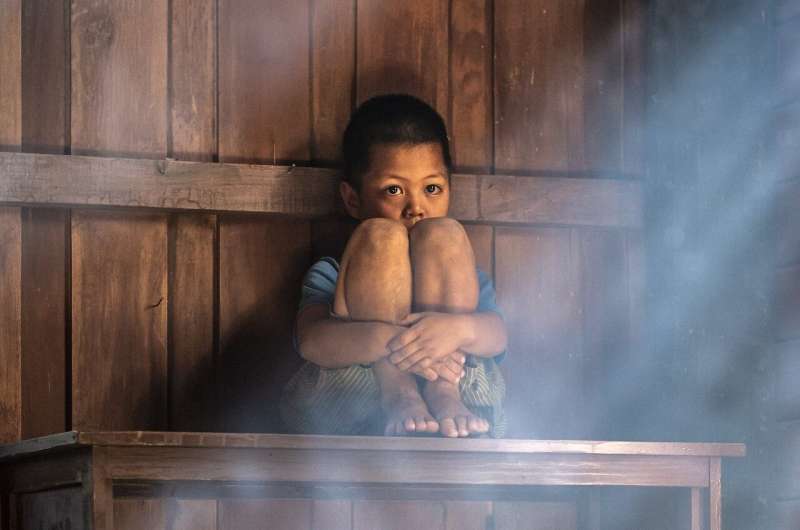
Here are ten subtle signs of childhood emotional neglect and some strategies to help you cope with its lasting impact.
1. Self-esteem Dealing is Difficult
You frequently question yourself and feel you don’t deserve love or attention, self-esteem that is weakened by a dearth of emotional validation and support in your infancy.
2. You Find It Hard To Differentiate And Communicate Feelings.
Sometimes we find it difficult to determine what we are exactly feeling. Emotional neglect can make us estranged from our own emotions thus making it hard for us to express them.
3. You Are Prone To Neglecting Your Own Needs
This could be one of the common signs of childhood emotional neglect since the needs of others can be put before yours. We may view our needs as being less important or even burdensome, which is often fostered by childhood neglect.
4. You Frequently Experience Guilt That Is Still There Or Shame
You might have an abiding sense of guilt or shame that has no apparent cause. This arises from having grown up in an environment where there were no feelings and needs acknowledged.
5. Trusting People Is Difficult For You
Our emotional demands will go unmet hence trusting people becomes impossible due to this reason. This kind of trust deficit can impact negatively on how we relate with other people.
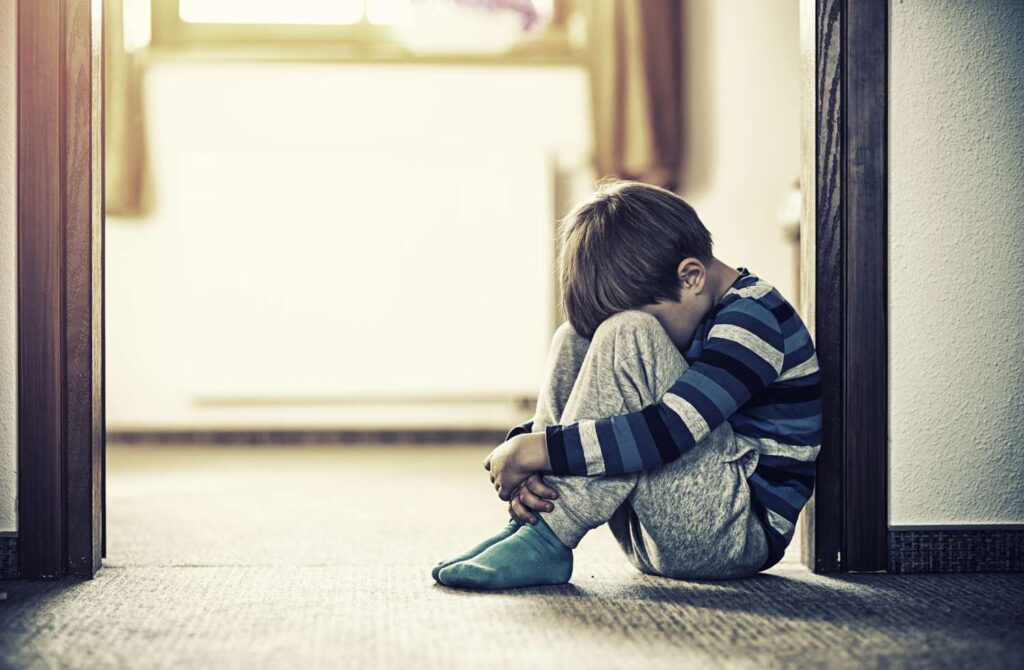
This is among the alarming signs of childhood emotional neglect as you may not be able to form any meaningful relationships in the future. This can even extend to your middle ages.
6. Inside, You Feel Empty Or Numb
Emotionless behavior or emptiness indicates that one has been neglected emotionally; therefore, it’s part of its symptoms. This widespread void feeling may have resulted from our acquired habit of blocking out emotions after experiencing negligence during our upbringing.
7. Caring for Yourself Is Something That Puzzles You Greatly
Taking care of oneself may seem strange or unwarranted. We were never taught how to prioritize ourselves emotionally when we were emotionally neglected; hence poor habits about self-care were formed in response to this formative period.
8. Rejection Terrifies Most Of All In Your Life
Fear of rejection is one of the most common signs of childhood emotional neglect I have seen in my patients. Maybe you avoid situations where you could be rejected or criticized, which restricts one’s chances and growth.
9. You Seek Approval from Others
To fill the hole left by emotional neglect, we may find ourselves constantly searching for other people’s approval. This can lead to toxic relationships and relying upon external validation too much.
10. Love Does Not Feel Right For You
One of the most profound impacts of being emotionally neglected is feeling unworthy of love and affection. Maybe we think that love is not meant for us hence sabotaging our lives in a relationship and developing an enduring sense of isolation.
Recognizing these signs of childhood emotional neglect is the first step toward healing. It’s essential to acknowledge our past and understand how it has shaped us.
By seeking support and practicing self-compassion, we can begin to address the effects of emotional neglect and work towards a healthier emotional life.
How To Cope With Childhood Emotional Neglect
Once you understand that you missed out on a key element of childhood, you are finally freed up to fix the problem. You can give yourself what you never got — emotional attention and validation — and learn how to connect with your feelings and how to use them.

The following are some ways to cope with childhood emotional neglect:
1. Recognize and Accept The Unmeet Needs
This may not be as simple as it sounds. Why is that so? For instance, did one parent or both parents fail to respond to your emotions because they were struggling themselves?
Because they were so wrapped up in their own desires? Or because their worldviews did not include feelings at all?
Moreover, was your Emotional Neglect active or passive, mean-spirited or benign? As a child, how did this affect you and how is it affecting you right now?
Truly understanding your signs of childhood emotional neglect will help you cope by stopping blaming yourself for what happened and eradicating the shame.
2. Your emotions have been sealed off but they haven’t gone away.
Your child’s brain protected you by walling off your emotions, but it could not make them go away completely. It still haunts you to this day.
To cope with childhood emotional neglect you’ll need to learn how to hear them out when you realize that they exist, which will allow you to use them in various effective ways.
3. Watch Out for Feelings –
This is probably the most powerful thing that can assist anyone facing childhood emotional neglect.
It’s a way to do the opposite of what your parents taught you, start to honor your feelings, and reach across the wall to the richness, color, and connection that lies on the other side: your emotions.
By paying attention to feelings, it becomes possible for one to gradually begin using them as intended.
4. Practice sitting with negative feelings.
Learning how to sit with strong or painful feelings is one of the main early building blocks to learning all of the emotional skills.
Sitting with negative feelings will put you in control of yourself.
5. Write an Ongoing list of ‘Likes’ and ‘Dislikes’.
Pay attention and take special notes as you go through your day.
Write down everything you can find that you either do or do not like. It can be small, medium, or large, but nothing is too small to make the list.
Knowing these things about yourself will set you up to be able to make yourself happier and cope with childhood emotional neglect in a way that helps you grow and acknowledge the past instead of running from it.
5 Helpful Ways To Improve Your Relationship With Your Parents
Improving your relationship with your parents after experiencing childhood emotional neglect can be challenging, but it’s not impossible.
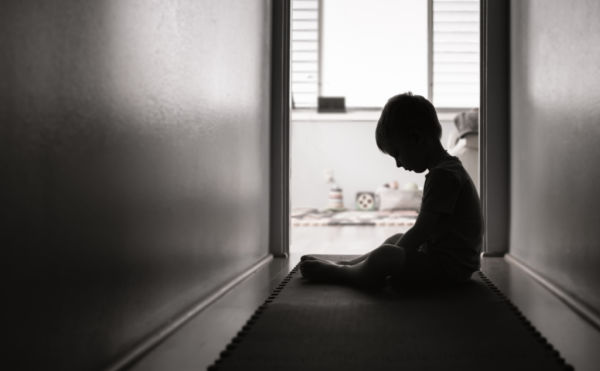
Here are five practical ways to improve your relationship with your parents.
1. Communication Open
The most important way to improve your relationship with your parents is open communication.
It’s so important to have a heart-to-heart conversation with your parents about how their actions affected you. “I” statements are valuable in expressing your feelings without pointing fingers at them.
For example, instead of saying “You always ignored my feelings,” say, “I felt neglected when my emotions were dismissed.”
Let your parents know what you need from them moving forward to ensure a healthier dynamic, including spelling out what behaviors are hurtful.
2. Call upon Expert Help
Professional counseling can be a great way to improve your relationship with your parents.
This could include family therapy where underlying issues are addressed and communication is improved among the family members.
A therapist can serve as a middleman who will facilitate tough conversations while providing tools on how one can better his/her relationship.
Individual therapy may help deal with childhood neglect and learn ways to cope and heal. You must work on your mental health if you want to develop insight into and improve this relationship with your parents.
3. Craft New Memories
Positive experiences together can overshadow negative memories.
Do things together that appeal to all of you. For instance, having a common family game night or even a hiking trip or cooking meals together and spending quality time strengthens the bond between people related by blood ties.
Show appreciation for one another’s small accomplishments too because this fosters mutual love as well as supportiveness.
4. Forgiveness is an instrument for healing!
Holding onto anger and resentment only hurts yourself—it does not affect the other person at all! Try releasing these negative emotions no matter how hard it seems like letting go—this doesn’t mean they’re okay but frees you from bitterness forevermore.
Sometimes, a strained relationship might make one blame him/herself. Remember that it was not your mistake that led to child neglectfulness; forgiving yourself is a very important step in the healing process.
5. Think of Now
While it is crucial to address the past, focusing on the present can build a better future.
Concentrate on at least one thing you could do today to repair your relationship. It might involve simple acts of kindness and appreciation that are done every day.
Change takes time! Be patient with yourself and your parents as you attempt to establish a healthier relationship.
Building trust after growing up emotionally neglected by your parents is an odyssey that demands patience, endeavor, and compassion.
A Word From Mind Family
To cope with childhood emotional neglect is a journey that requires patience, self-awareness, and effort. It’s important to remember that recognizing the signs of childhood emotional neglect and taking steps to address them is a significant part of this process.
At Mind Family, we believe in the power of resilience and the possibility of transformation. Whether you’re working through these challenges on your own or seeking professional help, know that you’re not alone.
For more information and support, visit our website or reach out to our team at Mind Family. We’re here to help you every step of the way.
Frequently Asked Questions (FAQs)
What is childhood emotional neglect?
Childhood emotional neglect occurs when parents or caregivers consistently fail to meet a child’s emotional needs, leading to long-term psychological effects and difficulties in emotional regulation.
What are the signs of childhood emotional neglect?
Signs include feeling easily overwhelmed, anger outbursts, difficulty trusting others, low self-esteem, fear of rejection, poor school performance, and challenges in self-expression and self-discipline.
How to cope with childhood emotional neglect?
Begin by acknowledging the neglect, understanding its impact, seeking professional help, paying attention to your emotions, practicing self-care, and building supportive relationships.
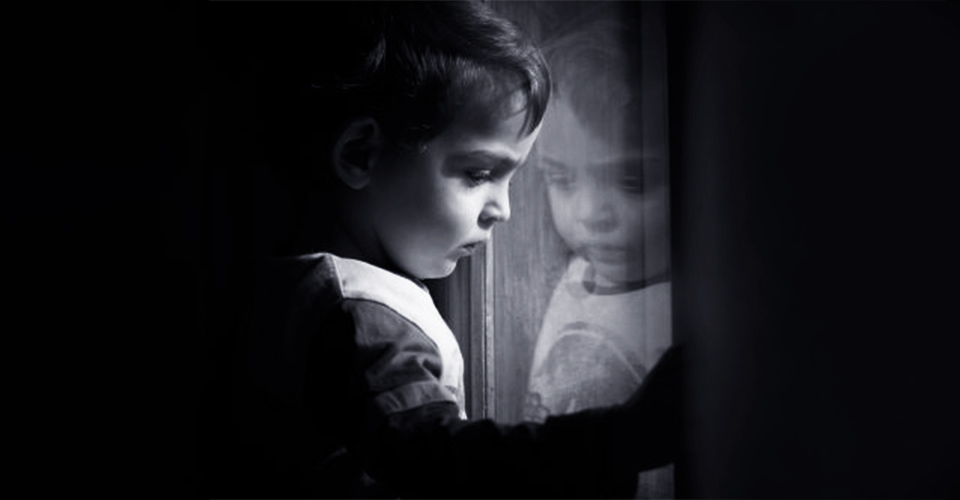








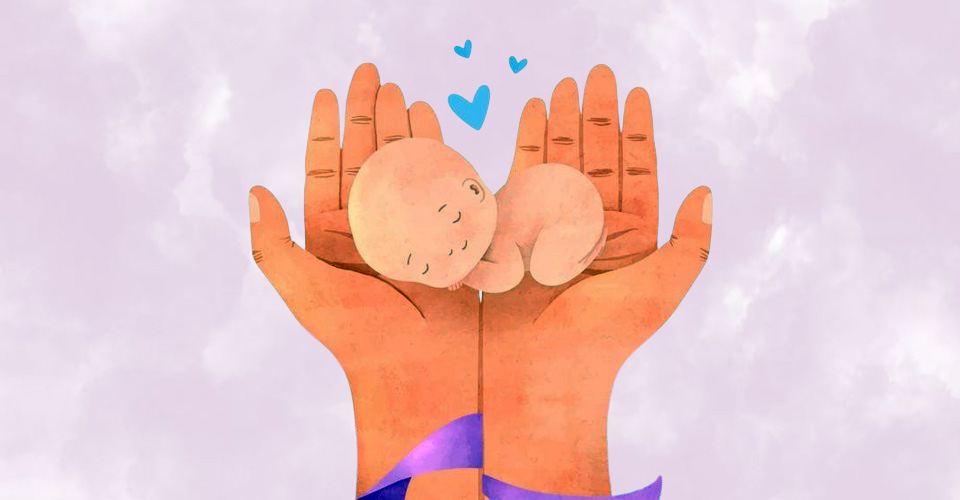
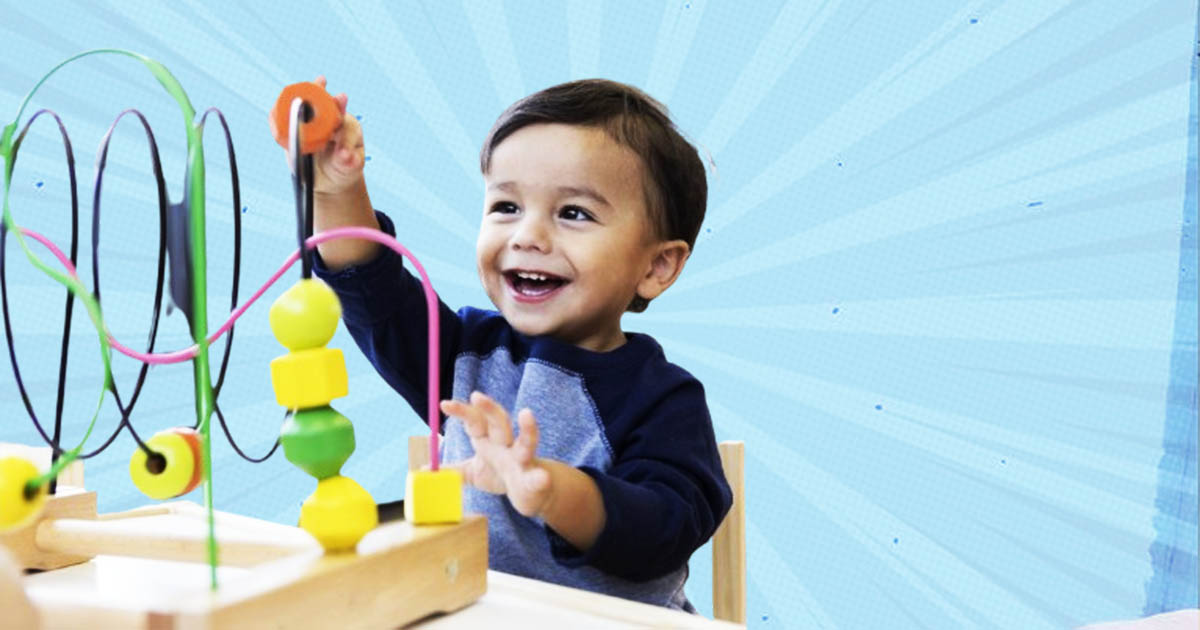




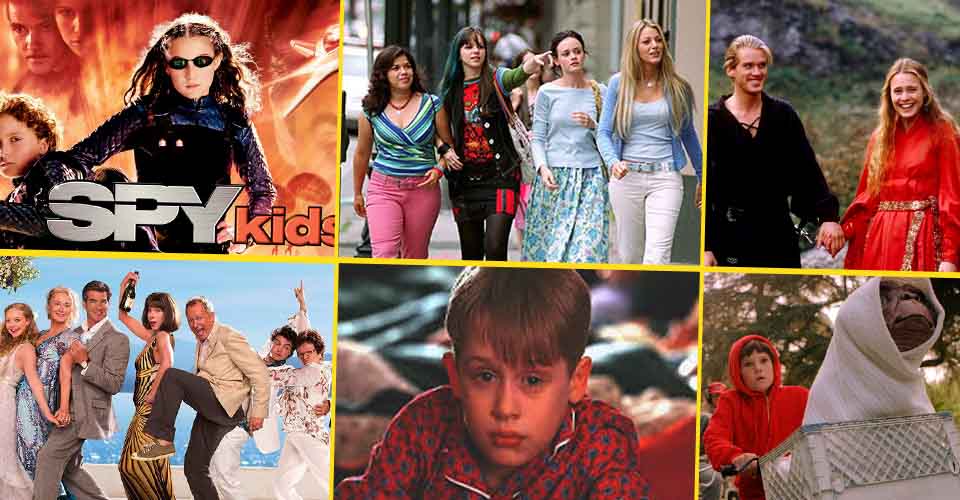


Leave a Reply